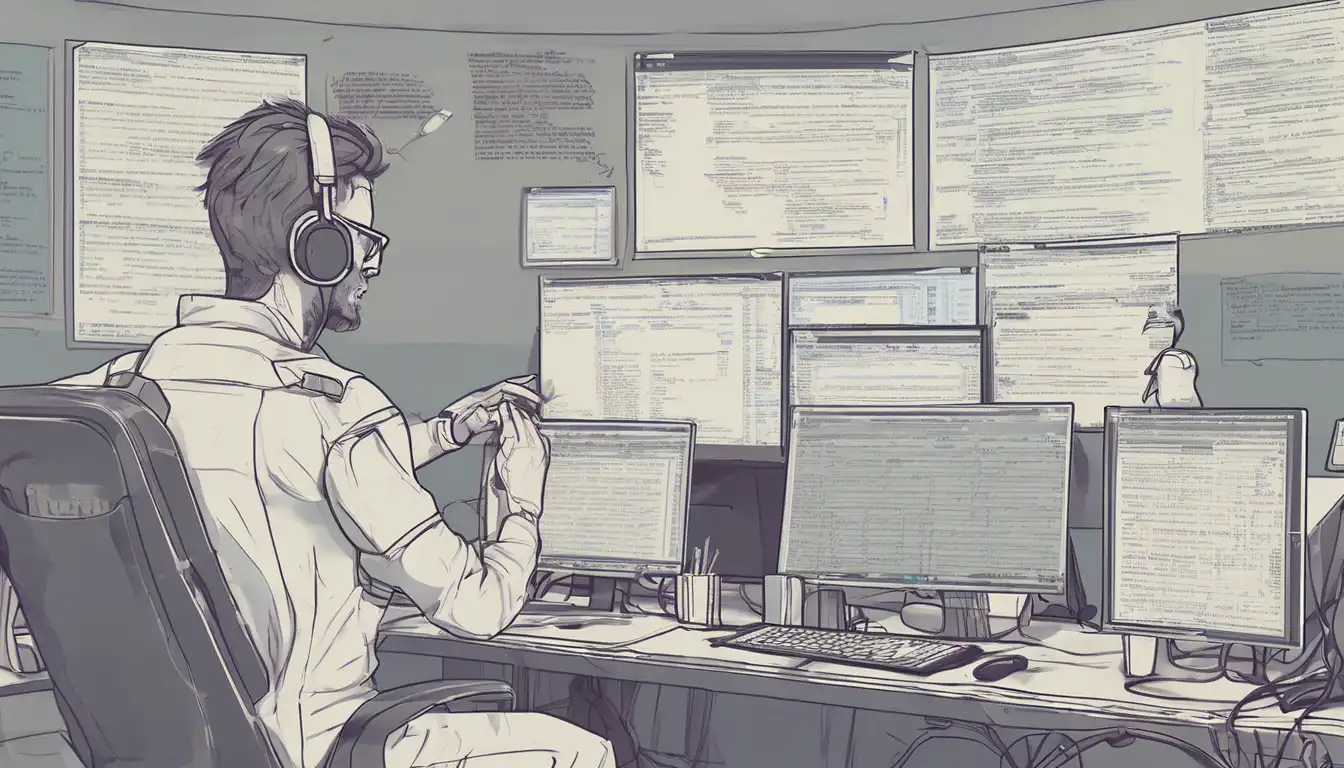Introduction to Professional Code Debugging
Debugging is an essential skill for any programmer, yet many struggle with it. This guide will walk you through the steps to debug your code like a pro, ensuring you can quickly identify and fix issues in your software projects.
Understanding the Debugging Process
Before diving into tools and techniques, it's crucial to understand what debugging entails. Debugging is the process of identifying, analyzing, and removing errors or bugs from your code. It requires a systematic approach to isolate the problem and verify the fix.
Essential Debugging Tools
There are several tools available that can make debugging easier. Here are some of the most popular ones:
- Integrated Development Environments (IDEs) like Visual Studio Code or IntelliJ IDEA
- Debugging tools such as GDB for C/C++ or pdb for Python
- Browser developer tools for web development
Step-by-Step Debugging Techniques
Follow these steps to efficiently debug your code:
- Reproduce the Bug: Ensure you can consistently reproduce the issue to understand its behavior.
- Isolate the Problem: Narrow down the code section where the bug occurs.
- Use Breakpoints: Pause execution at critical points to inspect variables and program flow.
- Check Logs: Review application logs for errors or unusual behavior.
- Test Fixes: After applying a fix, test thoroughly to ensure the issue is resolved without introducing new bugs.
Common Debugging Pitfalls to Avoid
Even experienced developers can fall into common debugging traps. Avoid these mistakes:
- Making assumptions about the code's behavior without verification
- Ignoring the importance of a clean and reproducible test case
- Overlooking the impact of external systems or dependencies
Advanced Debugging Strategies
For more complex issues, consider these advanced strategies:
- Binary Search: Divide the problem space in half to quickly isolate the issue.
- Rubber Duck Debugging: Explain your code line by line to an inanimate object to uncover flaws in logic.
- Automated Testing: Implement unit and integration tests to catch bugs early.
Conclusion
Debugging is a skill that improves with practice and patience. By using the right tools and techniques, you can solve problems more efficiently and become a more effective programmer. Remember, the goal is not just to fix the bug but to understand why it occurred and how to prevent similar issues in the future.
For more insights into programming and software development, check out our other articles on coding best practices and software engineering principles.
